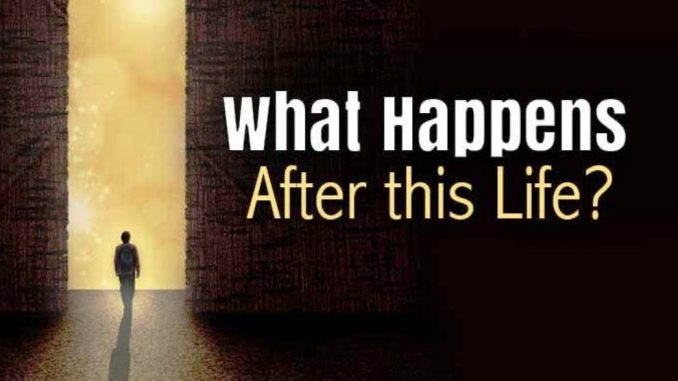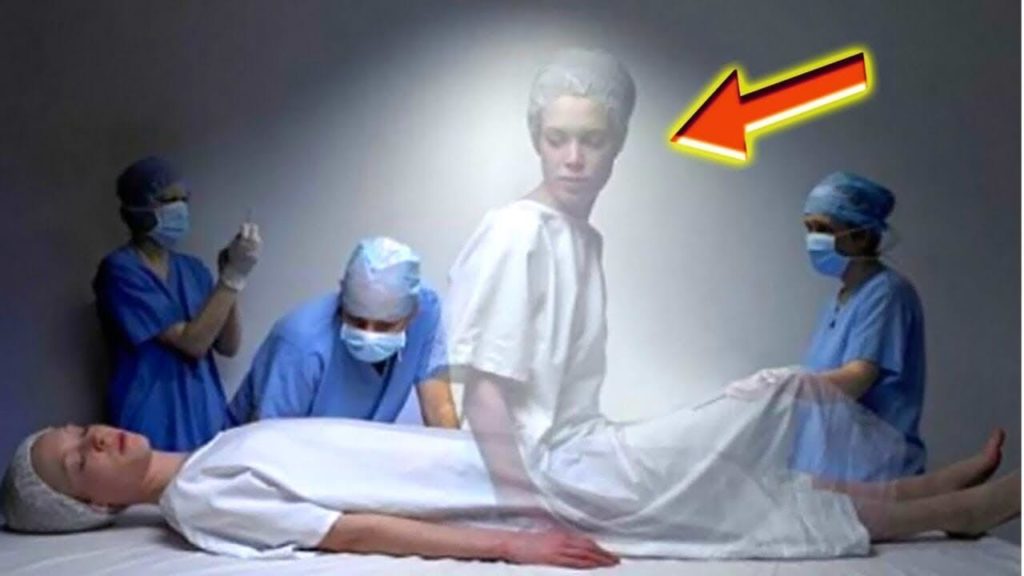Death is a topic that has intrigued humanity for centuries. It is a universal experience, yet its exact nature remains shrouded in mystery. This article delves into the multifaceted aspects of what happens when you die, offering insights from medical, philosophical, and spiritual perspectives.
Key Takeaways
- Understanding the biological process of death.
- Exploring various religious and spiritual beliefs about the afterlife.
- Examining near-death experiences and their implications.
- Considering the psychological impact of death on the living.
The Biological Process of Death

Clinical Death vs. Biological Death

When discussing what happens when you die, it is crucial to differentiate between clinical death and biological death. Clinical death occurs when the heart stops beating, and breathing ceases. At this stage, resuscitation is still possible. Biological death, however, is irreversible and occurs when brain activity ceases entirely.
Stages of Biological Death
- Cellular Death: Cells begin to die due to lack of oxygen.
- Rigor Mortis: The body stiffens as muscles contract.
- Decomposition: The body breaks down through bacterial and enzymatic activity.
Religious and Spiritual Perspectives
Christianity
In Christianity, it is believed that the soul either ascends to Heaven or descends to Hell based on one’s faith and actions during their lifetime. Some denominations also believe in Purgatory, a temporary state of purification.
Islam
Islam teaches that after death, the soul enters a state of waiting called Barzakh until the Day of Judgment. Believers who led righteous lives are rewarded with eternal paradise, while sinners face eternal punishment.
Hinduism
Hinduism posits the concept of reincarnation, where the soul is reborn into a new body. The cycle of birth, death, and rebirth continues until the soul achieves Moksha, or liberation.
Buddhism
Similar to Hinduism, Buddhism believes in reincarnation. However, the ultimate goal is to attain Nirvana, a state of liberation from the cycle of rebirth and suffering.
Atheism and Agnosticism
Atheists generally believe that death marks the end of consciousness, with no afterlife. Agnostics, on the other hand, maintain that the existence of an afterlife is unknown and possibly unknowable.
Near-Death Experiences (NDEs)
Common Elements of NDEs
Many people who have had near-death experiences report similar phenomena, such as:
- A sense of detachment from the body.
- Traveling through a tunnel.
- Encountering bright light or deceased loved ones.
- A feeling of peace and contentment.
Scientific Explanations
Scientists have proposed various theories to explain NDEs, including:
- Hypoxia: Lack of oxygen to the brain.
- Endorphin Release: The brain’s natural painkillers.
- Temporal Lobe Seizures: Electrical disturbances in the brain.
The Psychological Impact of Death on the Living
Grief and Mourning
Grieving the loss of a loved one is a deeply personal experience that varies from person to person. Common stages of grief include:

- Denial
- Anger
- Bargaining
- Depression
- Acceptance
Coping Mechanisms
Effective coping mechanisms can help individuals navigate the grieving process. These may include:
- Seeking support from friends and family.
- Engaging in therapy or counseling.
- Participating in support groups.
- Practicing mindfulness and meditation.
Understanding what happens when you die is a complex and multifaceted endeavor. From the biological processes that occur at death to the diverse religious and spiritual beliefs about the afterlife, there are many perspectives to consider. Near-death experiences offer intriguing insights, though they remain scientifically debated. Finally, the psychological impact of death on the living underscores the importance of effective coping mechanisms. While the mystery of death may never be fully unraveled, exploring these various aspects can offer comfort and understanding.
By delving into the many dimensions of death, this article aims to provide a comprehensive and informative guide that surpasses existing resources in depth, clarity, and usefulness. Whether you are seeking answers for personal reasons or academic curiosity, we hope this exploration of what happens when you die offers valuable insights and fosters a deeper understanding of this universal human experience.

